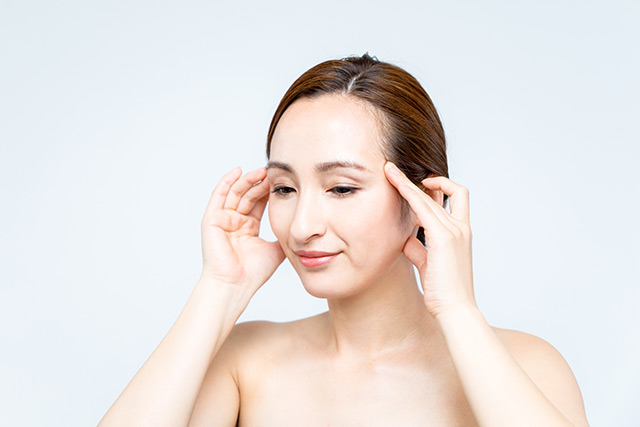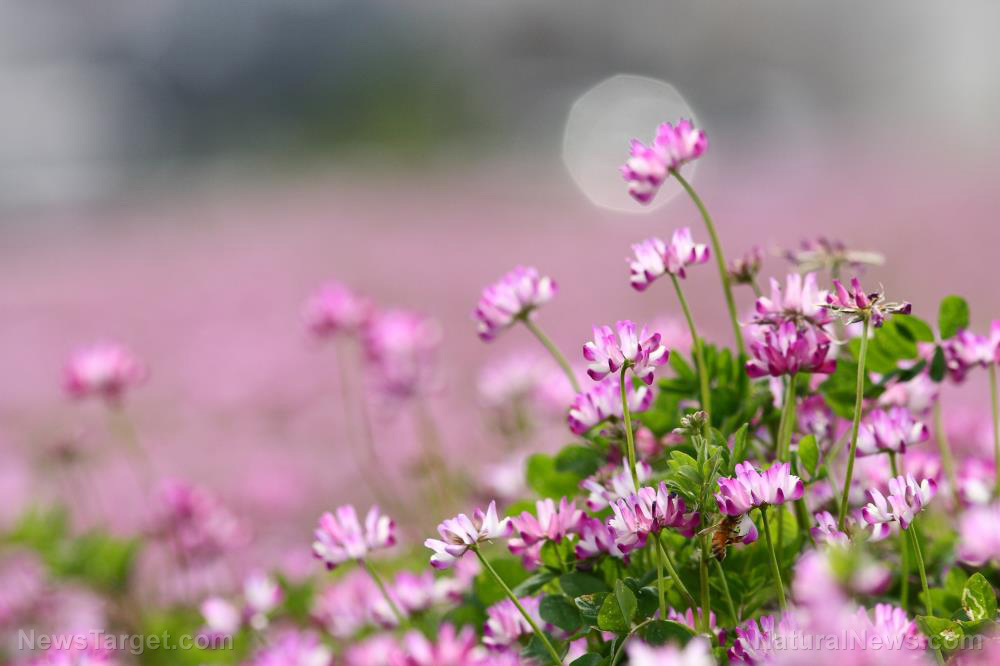Natural treatments for bronchitis may be found in Kampo medicine
03/28/2019 / By Ralph Flores

Medicine has indeed developed by leaps and bounds, which is great, for the most part. However, it also means that more “modern” forms of medicine, such as Western medicine, have become the norm in healthcare, with more traditional approaches being labeled as “alternative” or worse, shunned altogether. It’s unfortunate, really, since they are still as effective in treating diseases as they were in the past. A study in the German Journal of Acupuncture identified three such herbal medicines that can be used to treat bronchitis.
Bronchitis is the inflammation of the air passages or bronchial tubes. The condition causes increased mucus production and can lead to symptoms such as a chesty cough, shortness of breath, wheezing, and a mild fever. There are two forms of this condition:
- Acute bronchitis, also referred to as a “chest cold,” usually occurs after an upper respiratory infection. It’s the most common type of bronchitis, with symptoms that usually last for less than three weeks.
- Chronic bronchitis, on the other hand, is a more severe condition. It’s often seen in smokers, as well as those who breathe in polluted air or noxious fumes over a long period of time. Chronic bronchitis is also one type of chronic obstructive pulmonary disease (COPD), a life-threatening group of diseases that affects over 16 million Americans.
In his research, H.R. Hewel of the International Society for Japanese Kampo Medicine investigated the efficacy of herbal mixtures commonly used in Kampo medicine. This medical system, widely considered to be traditional Japanese medicine, is rooted in ancient Chinese medicine. While Kampo closely followed Chinese medicine initially, it was soon modified to adapt to conditions in Japan. To note, Kampo has the following unique characteristics:
- Its medicine is individualized at the herbal level
- It has a simpler prescription pattern than traditional Chinese medicine
- Abdominal findings are considered in making a diagnosis
Unlike other traditional forms of medicine, Kampo is incorporated in Japanese medical education. Its medicines are also regulated by the government for quality and safety, making it safe and effective for use. In the report, Hewel added that aside from its efficacy, Kampo medicine is also practical. In particular, he looked at three herbal therapies for treating bronchitis.
- Bakumondoto is a medication commonly used to treat dry cough and bronchial hyperresponsiveness. The latter, in particular, is an important clinical symptom in both asthma and COPD. A 2011 study in Phytomedicine found that bakumondoto improved coughing in older adults with COPD.
- Seihaito is an herbal formula for treating irritated bronchial mucosa and excessive phlegm.
- Saibokuto, while known for treating asthma, can also be used to treat cough caused by psychological strain and other abdominal findings. A recent study published in Internal Medicine, the journal of the Japanese Society of Internal Medicine, also found that saibokuto can regulate glucose levels of people suffering from type B insulin resistance syndrome, a rare autoimmune disease marked by severely insulin-resistant diabetes.
In conclusion, the study identified these herbal medicines to be effective in treating bronchitis, especially when used holistically. (Related: This Japanese herbal medicine reduces asthma in patients with upper airway disease.)
Learn more about Kampo and other alternative forms of treatment at AlternativeMedicine.news.
Sources include:
Med.or.jp [PDF]
Tagged Under: alternative medicine, Bakumondoto, Bronchitis, herbal medicine, holistic treatment, kampo medicine, natural cures, natural medicine, research, Saibokuto, Seihaito, TCM, traditional Japanese medicine


















